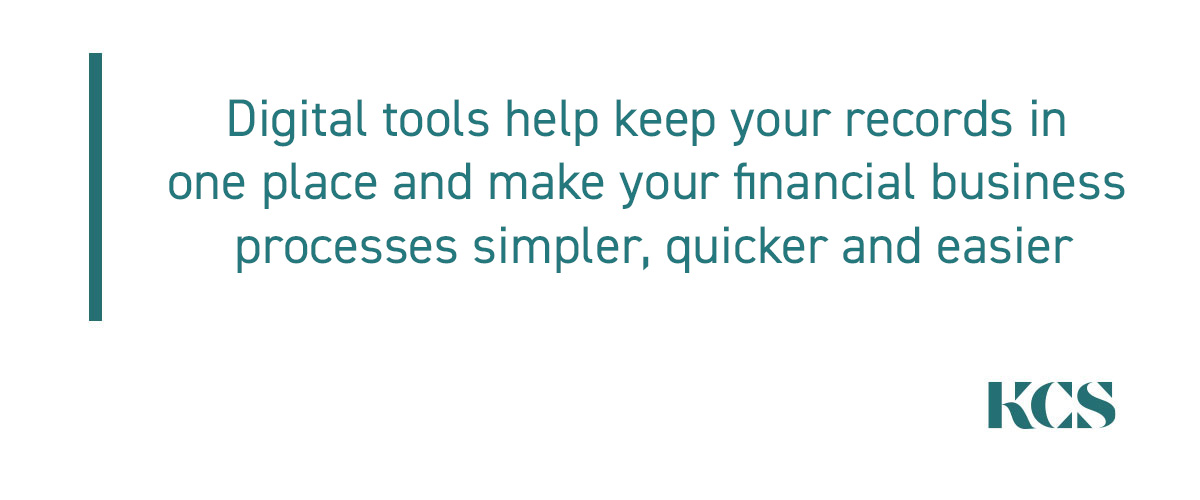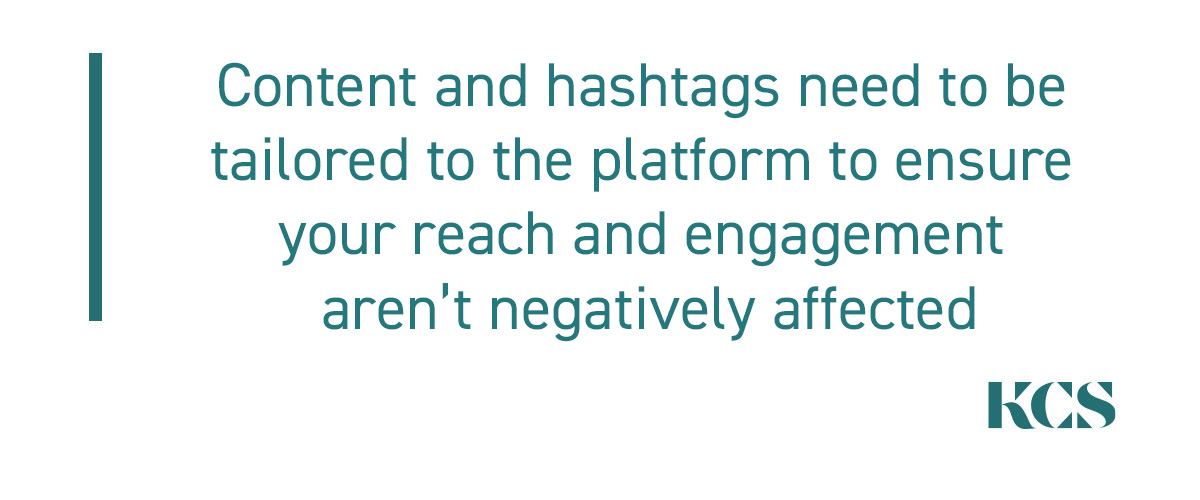Recently, Ryu from Impala Accountants joined us to discuss the top systems you can implement in your business (And personal life) so that when you get to the end of the financial year, you’re not spending days and days collecting all of your data and making sure it’s good to go for your accountant. Alternatively, not doing any work during the year and handing your accountants a bunch of unorganised data that they’ll charge you more to process.
Ryu started his accounting career in 2003 with a double degree and cut his teeth for 5 years in a small accounting firm prior to working overseas. Once it was time to move back to Australia, Ryu found himself in a larger firm managing the international tax sector which gave him the confidence to explore his own business. In 2016, Impala Accountants was born where the firm specialises in small business accounting, tax support whilst keeping his passion about international tax which is different from the day to day work. International tax supports Entrepreneurial’s moving offshore to be location independent, providing an avenue to lower their cost of living and increase their work life balance legally.
Whilst supporting small businesses, Ryu advises there are 3 key areas which can help make working with your Accountant at tax time quicker and easier;
- Good Bookkeeping & Record Keeping
- Implementing Digital Tools
- Tax Planning

Good Bookkeeping & Record Keeping
If you have good bookkeeping and record keeping, it makes everything easier.
“Good” bookkeeping / record keeping includes;
⇒ Transactions are accounted for
⇒ Bank accounts are reconciled
⇒ Accounts are set up in a way that makes sense for your business
E.g. Separating trading income from other sorts of income
E.g. Having different line items for different products / services
⇒ Reporting formats (Layout) are clear and easy to understand
E.g. Grouping Fixed Expenses and Variable Expenses
For yourself and your business, it can give you;
⇒ A better understanding of where your business is
⇒ Accurately access the performance of your business (Tax liabilities etc)
⇒ Make educated real time decisions to make positive change
If you aren’t doing your books on a weekly (Worse case scenario monthly) cycle then you are flying blind and can’t make educated decisions so it’s super important to keep them up to date
For your Accountant / Bookkeeper;
⇒ Provide you with up to date advice at any point in time around your businesses performance
⇒ Support you to make positive business decisions for future growth
At the end of the day, you are responsible for your businesses bookkeeping / records so being as organised as possible supports you to make better business decisions no matter the time of year.


Implementing Digital Tools
When it comes to your finances, bookkeeping and record keeping, a cloud based accounting tool can streamline your financial processes whilst saving you time and money. Most businesses already have some sort of internal financial management digital tool (Xero, MYOB, Quickbooks, Wave) in their business. Add-ons to these platforms (Receipt Bank, Hubdoc, etc) are additional tools that can help you keep your records organised, up to date and in one place. This enables you and your Bookkeeper / Accountant to quickly and easily sort through your records / evidence and get a really good understanding of what’s going on for your business.
As a small business owner, there are so many digital tools available for you to choose from which can make it difficult to know which one is best for you and your business. Ryu recommends the below which are simple, easy and cost effective to implement;
⇒ Xero – Main cloud based accounting software
⇒ Hubdoc – Automates process of moving physical records / receipts / statements into accounting software
For business owners like Ben from BlackBox Finance who are terrible with receipts, being able to walk out of a petrol station, take a photo, quickly reconcile and be done with it is sensational!
⇒ Futrli – Dashboard reporting which tracks KPI’s, shows Actual Performance Vs Forecast Performance and / or Track Trends within your business
Why would you change from a manual financial process to automated processes with digital tools? As business owners we always need to be preparing for the worst case scenario and when it comes to your finances, this would equate to the ATO auditing your business. If you’ve been keeping your receipts / invoices / statements etc in a shoebox, they could now be lost or damaged beyond the point of being legible. When processes are done manually, it also enables a source of human error and miscalculations which could cost you thousands if done incorrectly. You can bet your bottom dollar that if the ATO comes knocking, they will find all of your dirty laundry and mistakes at which point you will probably be sweating up a storm and trying to figure out the closest exit point. Why put yourself through this experience when we live in an age of technology which is only getting better, faster and easier?
When is the right time to change from a manual process like excel spreadsheets to an automated process with cloud based digital tools?The best way to figure this out is to understand how much time you are spending preparing your figures using manual processes. You can then put a figure on your own time which enables you to calculate what it is costing you to do the process manually in comparison to automating the process with cloud based digital tools. An example of a simple calculation looks like this;
| MANUAL PROCESS | AUTOMATED PROCESS | |||
| Time Taken | 5 hrs = $500 / month | Time Taken | 2 Hr = $200 / month | |
| Software Fees | Nil (Excel) | Software Fees | $50 / month (Xero) | |
| Total Cost | $500 / month | Total Cost | $250 / month | |
| Total Savings | Nil | Total Savings | $250 / month | |
Therefore, if you implement cloud based software like Xero, it will cost you a total of $250 BUT save you and your business $250 in time which frees you up to work on building your business. If you are spending more time then the cost of the software doing the process manually, then this is the right time to switch to a cloud based digital tool.
Your accountant is the gatekeeper between you and the ATO so if you can make their life easier don’t you think you owe it to yourself and your business to streamline your financial processes?


Tax Planning
Tax Planning should be done annually by having discussions with your Accountants between April & June of the Australian Tax Financial Year (Last Quarter). This will allow you to;
⇒ Understand what’s happened in the previous 9 months
⇒ Estimate what will occur for the last few months
⇒ Build a picture of where the business is at financially
⇒ Discuss strategies to minimise tax / move finances prior to tax deadline
⇒ Discuss strategies to help you and your business achieve your financial
goals (Reduce debts, Increase Growth, Apply for Loans etc)
This means that when the End of Financial Year arrives, you and your Accountant already have a great understanding of what’s occurred and will;
⇒ Save time
⇒ Make the process easier for everyone involved
⇒ Make decisions that will benefit you and your business
You don’t have to change everything all at once (And we definitely don’t recommend this approach), just make the effort to improve small things every year and before long you’ll be a financial business champion. So what are you waiting for, take the time to approach your Accountant and look at how you and your business can implement systems to make tax time a better experience for everyone!


Thank you for the information and articles, good luck always.
Hi Rezura, we are glad you are enjoying them.